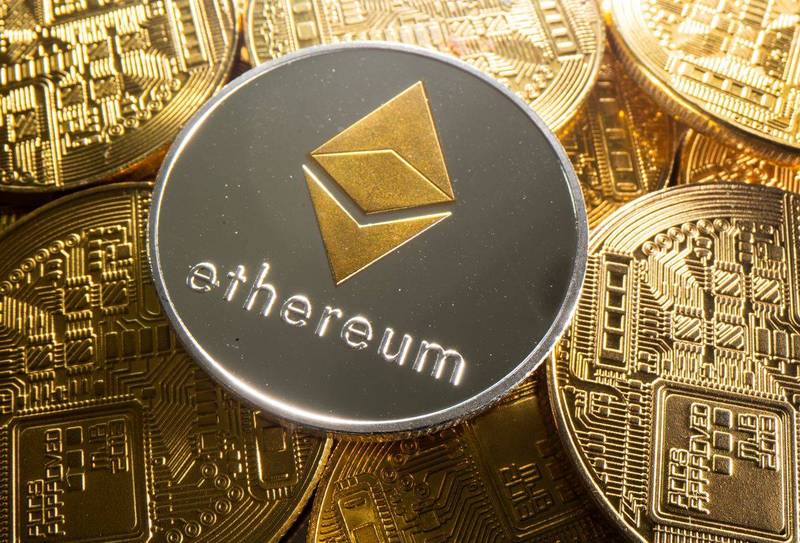In the world of cryptocurrencies and blockchain technology, Ethereum stands out as a revolutionary platform that has redefined the way we perceive decentralized applications and smart contracts. Launched in 2015 by the prodigious programmer Vitalik Buterin, 以太幣價格 introduced a new level of versatility and functionality to the blockchain arena.
At its core, Ethereum is a decentralized platform that enables developers to build and deploy applications without relying on traditional centralized servers. What sets Ethereum apart is its ability to execute smart contracts – self-executing contracts with the terms of the agreement directly written into code. This breakthrough opened the door to an array of use cases, from decentralized finance (DeFi).
Ethereum’s native cryptocurrency, Ether (ETH), plays a crucial role in facilitating transactions and powering the network. However, Ethereum has faced scalability and gas fee challenges due to its proof-of-work (PoW) consensus mechanism. This has led to the development of Ethereum 2.0, a major upgrade transitioning the network to a proof-of-stake (PoS) mechanism, significantly improving scalability, energy efficiency, and transaction costs.
The Ethereum community is known for its vibrant and innovative nature, with developers continuously proposing improvements and upgrades. This adaptability has allowed Ethereum to remain at the forefront of blockchain technology, even as new contenders enter the space.
Despite its successes, Ethereum also faces competition from other blockchain platforms seeking to address its scalability and cost issues. However, Ethereum’s first-mover advantage, strong developer community, and ongoing upgrades position it as a formidable player in the long run.applications that provide lending, borrowing, and yield farming, to non-fungible tokens (NFTs) that have revolutionized digital ownership and provenance.


